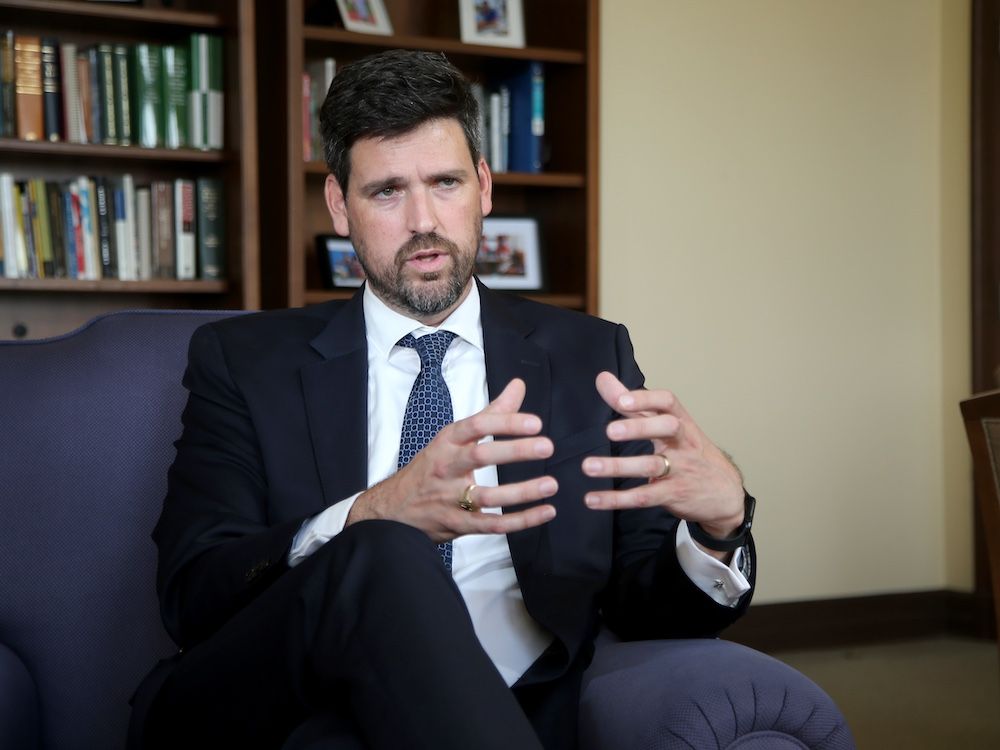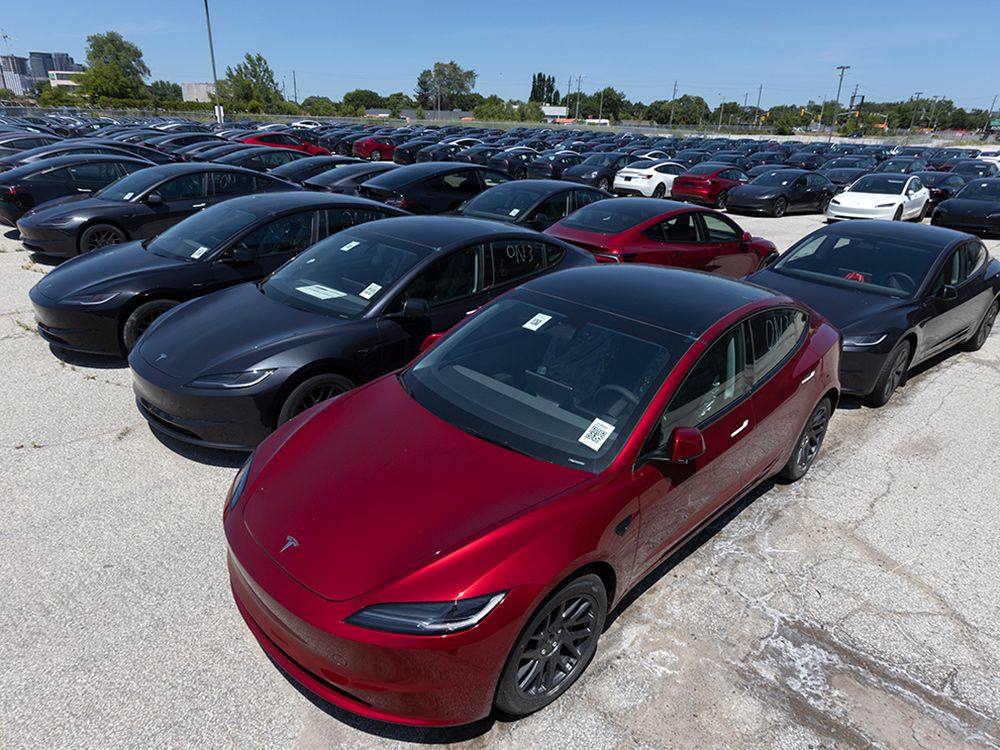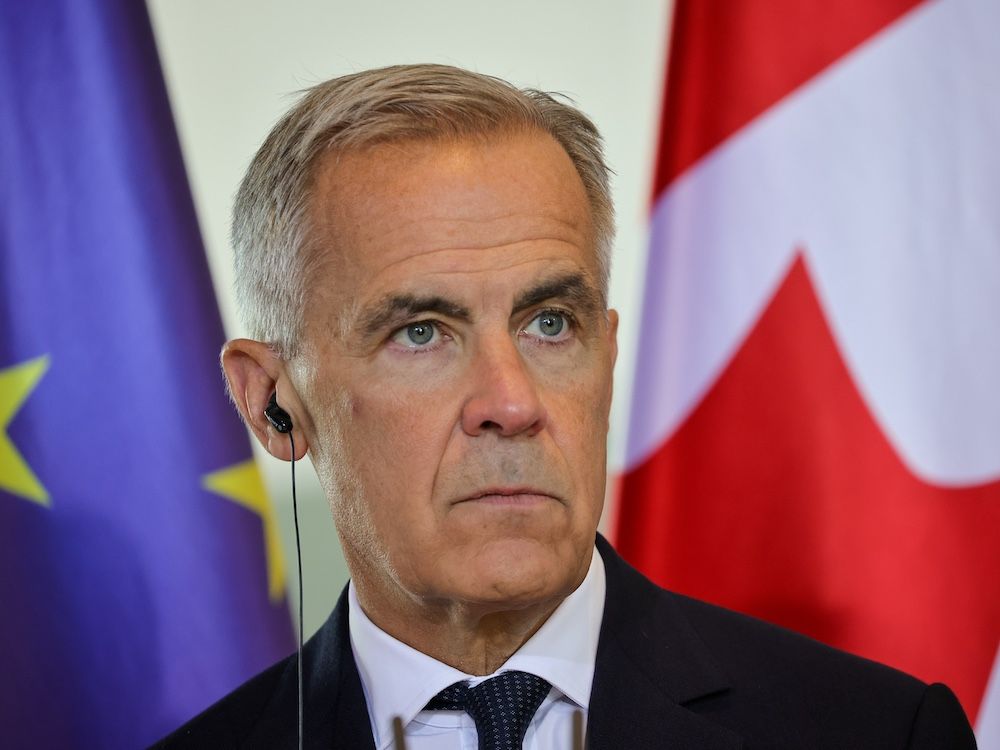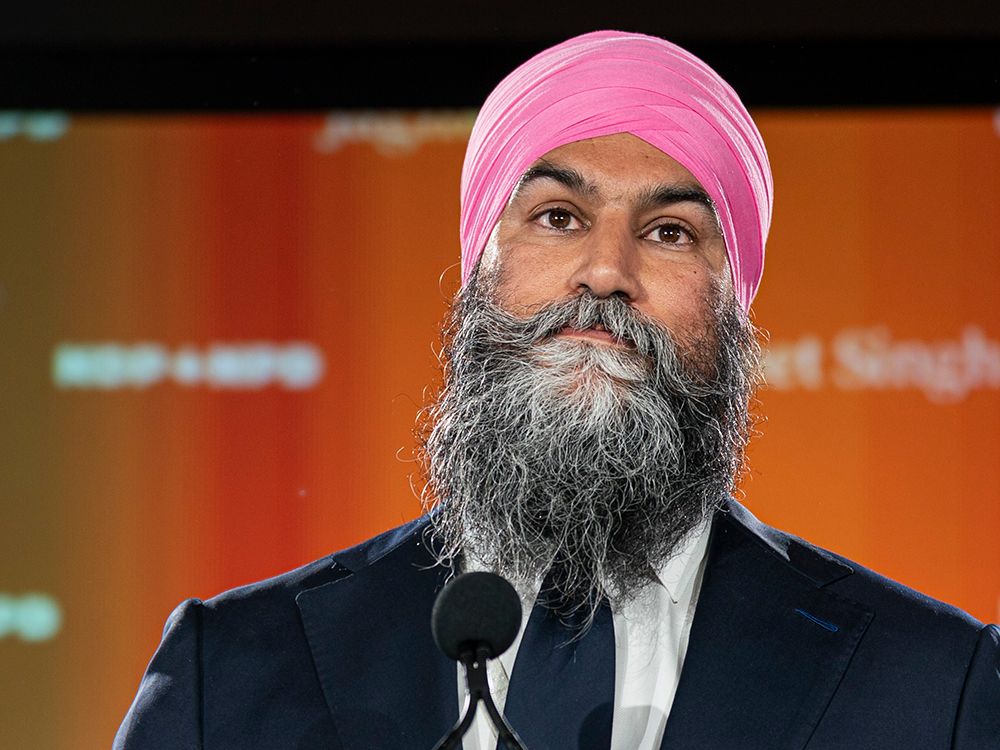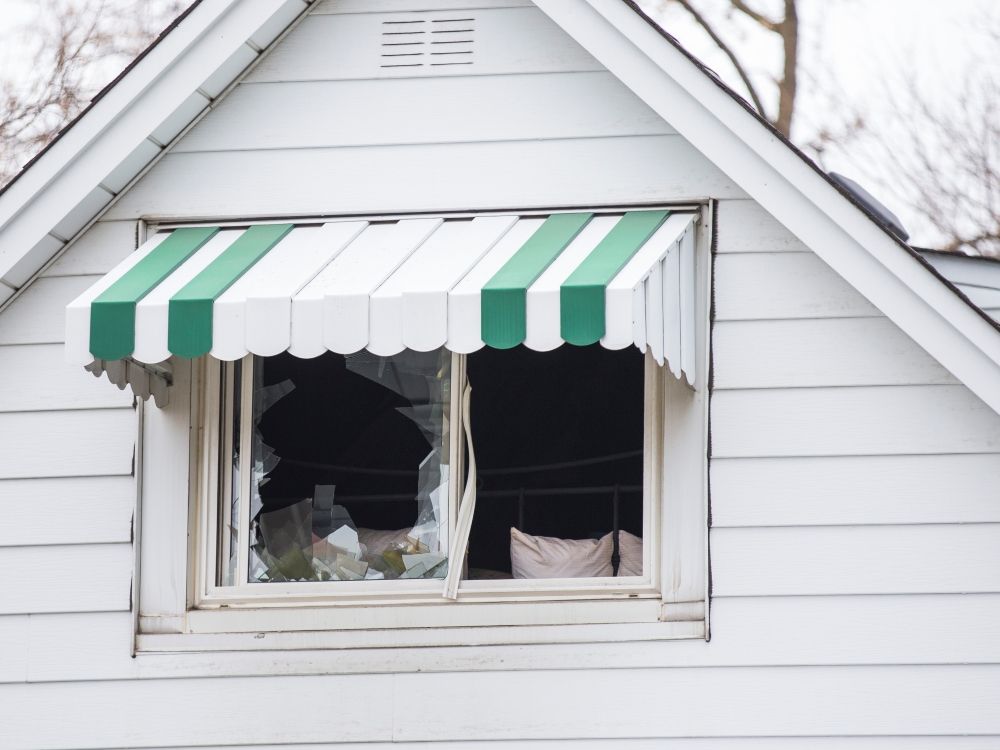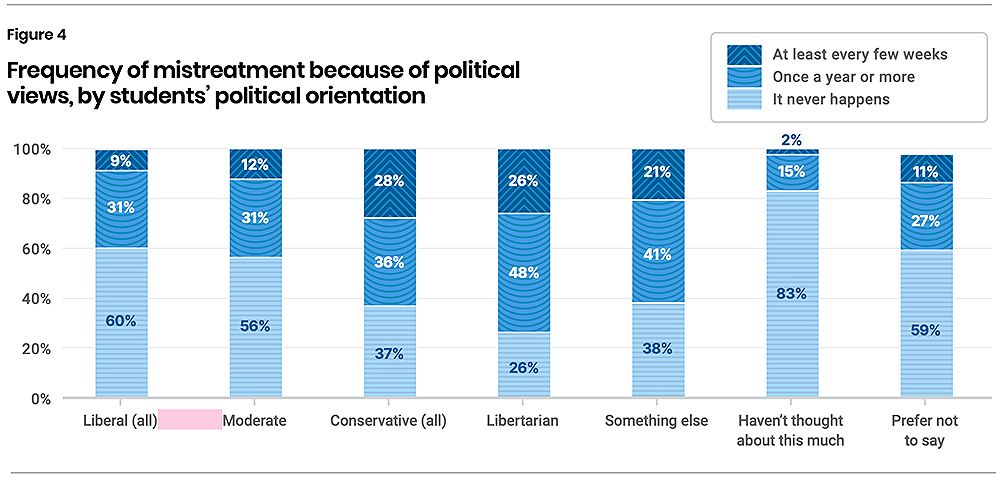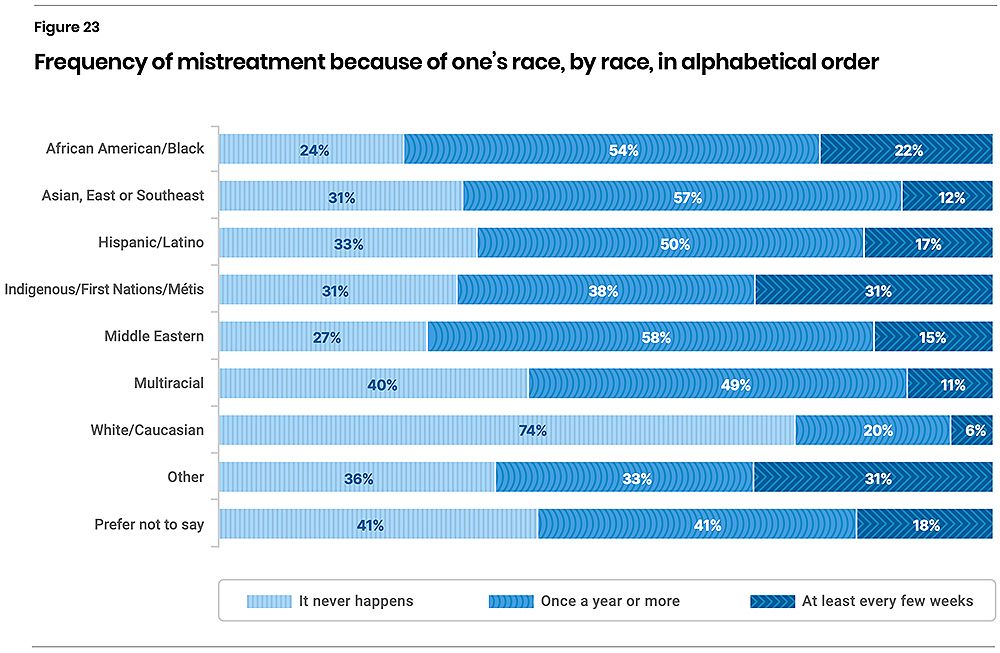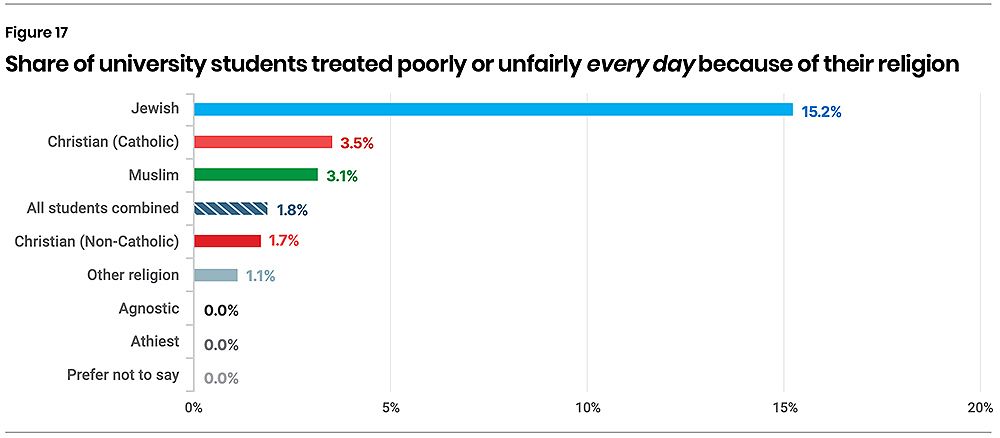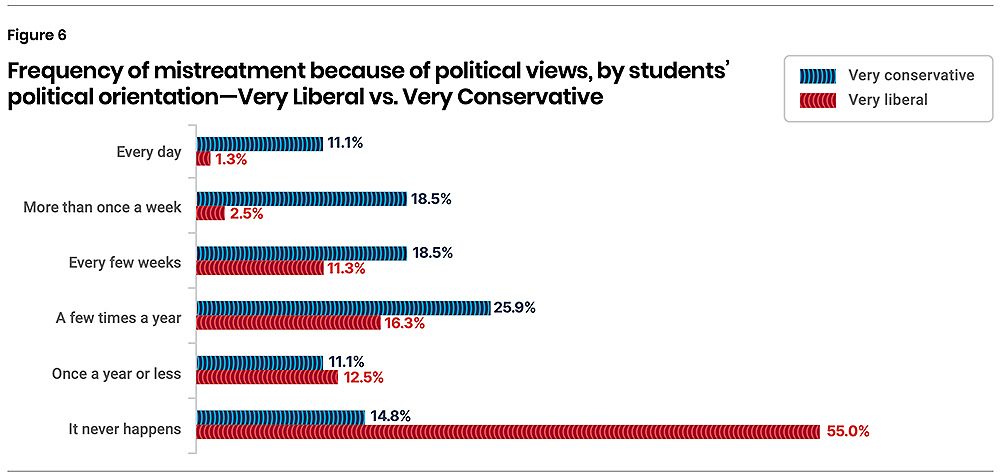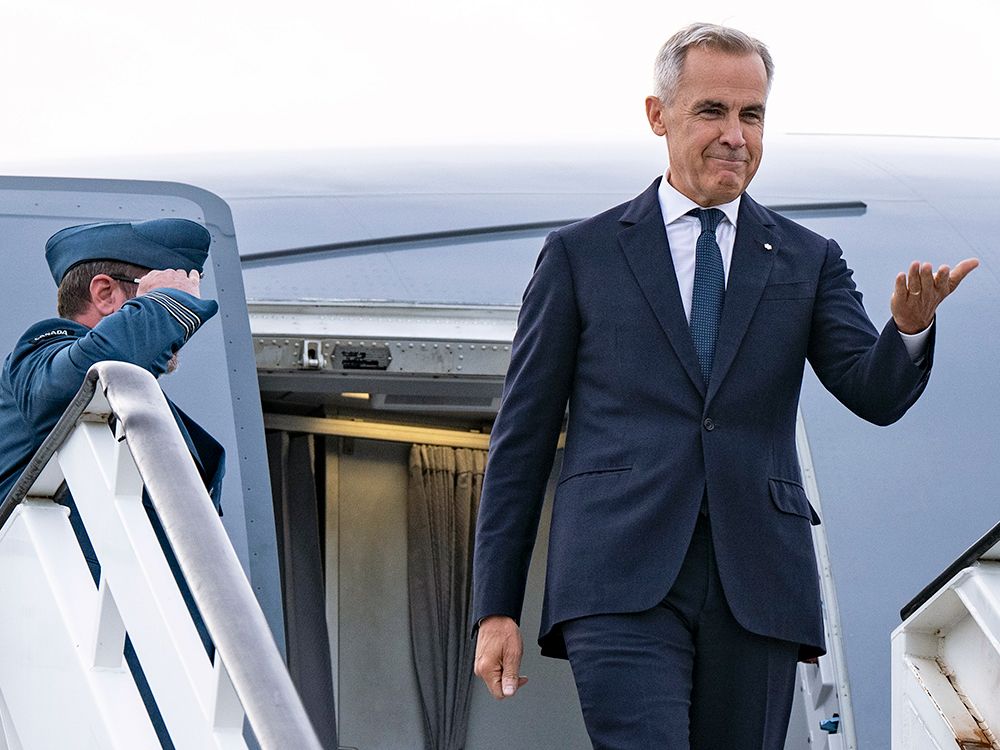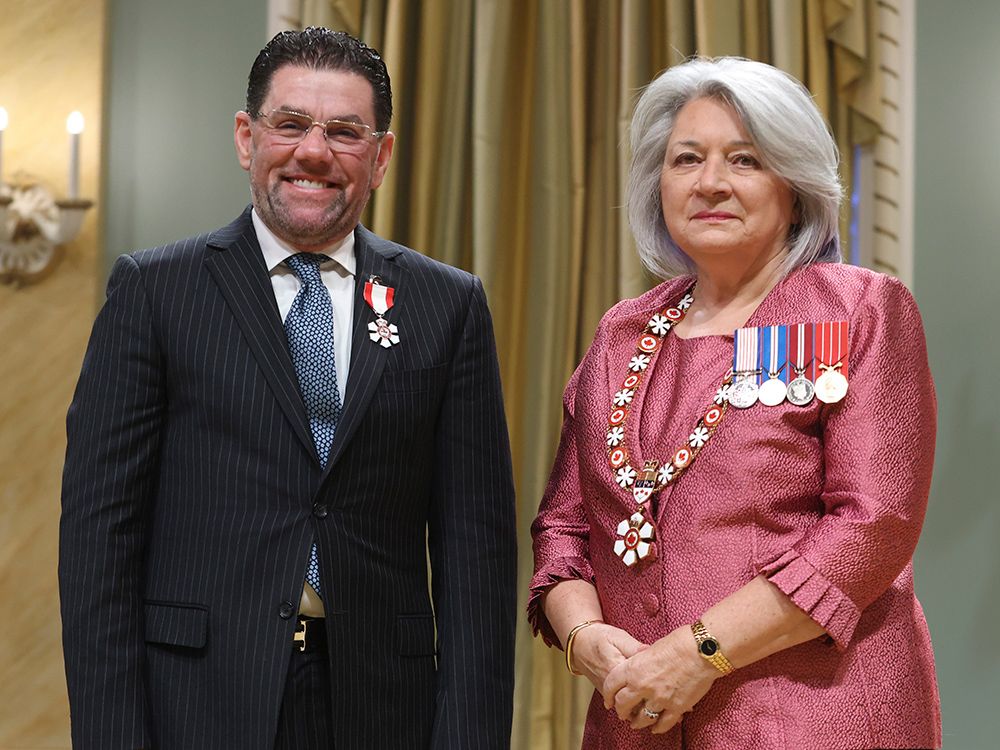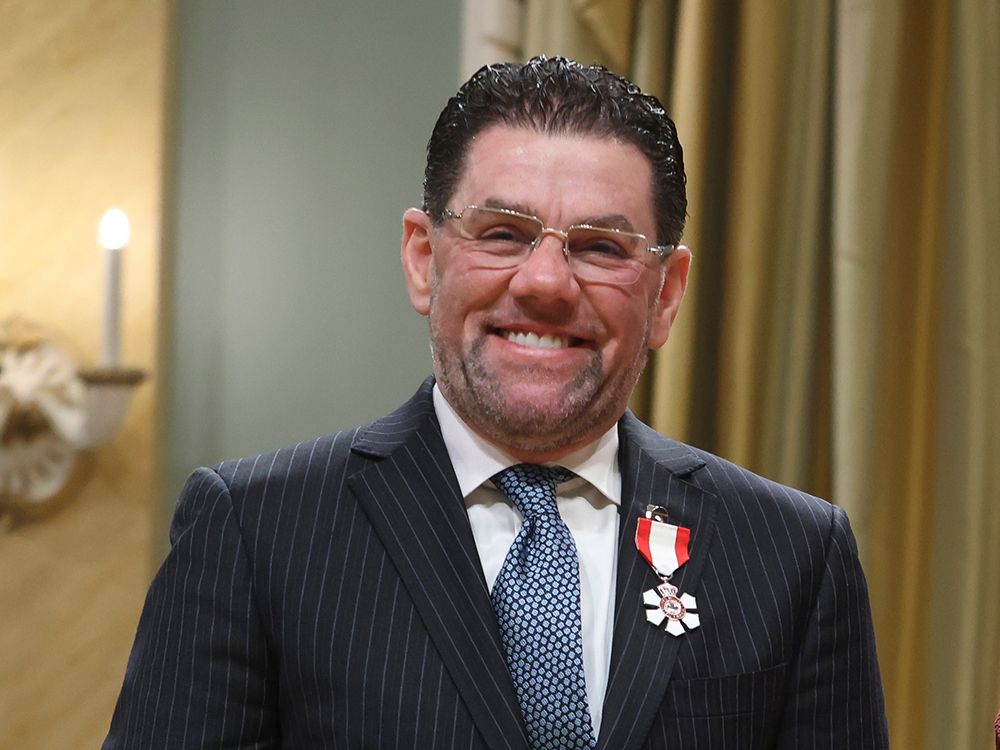
Who Canada honours is a direct reflection on our country and our values, and nothing conveys that more profoundly than our nation’s highest civilian honour: the Order of Canada.
Its recipients are supposed to represent our very best by recognizing those who, through their life and conduct, embody the aspiration contained in the Order’s motto: “They desire a better country”.
But what happens when a recipient of this distinction, entrusted to represent the very best of Canadian values, instead undermines them? This is the question before us today, and why we believe Mohamad Fakih’s appointment to the Order of Canada must be revoked.
On Aug. 25, Fakih took to social media to declare: “On behalf of literally every Canadian of conscience: if you are a Canadian and a supporter of Israel, you do not have basic human values, let alone Canadian values.”
These words are not a matter of political disagreement. They are a sweeping condemnation of millions of Canadians who support a democratic country, or who share religious, cultural, or political ties with Israel. They are words that deny belonging, strip dignity, and attack the very notion that Canada is a home for all.
The Order of Canada was never meant to serve as a platform for dividing Canadians into “greater” and “lesser” citizens. It was created to honour those whose contributions elevate us all. When a member of the Order suggests that a vast portion of Canadians lack “basic human values,” the integrity of the distinction itself is put at risk.
This is not a partisan squabble, nor a reflexive response to one moment of online outrage. It is a principled appeal to preserve the standing of the Order of Canada as a symbol of unity, dignity, and moral courage. We are three former parliamentarians hailing from different parts of this country, who served at different levels of government, representing different political perspectives and who represent some of the cultural diversity of Canada. Despite our different political traditions and life experiences, we are united in our conviction that Fakih’s words cannot be squared with the values that the Order demands of its members.
On behalf of literally every Canadian of conscience: if you are a Canadian and a supporter of Israel, you do not have basic human values, let alone Canadian values. Your tweets and messages are saved and known to all of us. They live. Some might not comment around you, because… https://t.co/yUREZaAaTp
— Mohamad Fakih, C.M. (@mohamadfakih8) August 25, 2025
The precedents are clear. The Order has been revoked in past instances where appointees engaged in dishonourable conduct, fraud, or hate. This is not to erase the accomplishments of Fakih, but to recognize that the honour of membership is not permanent if one’s actions undermine the very reason it was granted.
Canada today is grappling with rising antisemitism, deepening polarization, and the corrosive effects of global unrest. At such a time, the symbols that bind us matter more than ever. To allow rhetoric that denies Canadian belonging to go unchecked, never mind for such division to be voiced by someone holding our nation’s highest honour, would send a devastating signal.
It would say that Canada tolerates exclusion under the guise of conscience, and it would imply that honours can be held without accountability. This erodes public trust in the very institution that’s supposed to celebrate our unity through shared Canadian values for democracy and the rule of law that bind us together; and it undermines the credibility and integrity of the Order.
To be clear, revoking Fakih’s membership would not be an act of censorship. He is free, like all Canadians, to express his views. But freedom of expression does not immunize one from accountability, nor does it confer immunity from the consequences of dishonourable conduct. Membership in the Order of Canada is not a right — it is a privilege. And with privilege comes responsibility.
If the Order of Canada is to remain more than a lapel pin, if it is to stand as a beacon of the values that Canadians aspire to, then it must be rigorously defended with courage. That means upholding its standards not just in times of comfort, but in moments of controversy.
This is why we call upon the Advisory Council for the Order of Canada to conduct a formal review of Fakih’s statements, to assess whether his conduct has brought disrepute to the honour, and to recommend revocation should it find that he has betrayed the ideals of unity and dignity that the Order enshrines.
We want to be clear: this is not about silencing disagreement. It is about ensuring that our highest national distinction continues to represent the best of who we are: a country that values inclusion, respects differences, and affirms that every Canadian belongs.
As parliamentarians, we swore Oaths of allegiance to Canada, to uphold our Constitution, and defend our values. While we may no longer serve in public office, that commitment to defending our country and its ideals remains everlasting and that is why we feel compelled to defend the integrity of the Order of Canada.
For if the Order is to remain a symbol of our highest ideals, it must be entrusted only to those whose words and deeds honour our Canadian values of equality, respect, and dignity toward everyone.
Lisa MacLeod is a former Ontario cabinet minister, Selina Robinson is a former British Columbia cabinet minister, and Kevin Vuong is a former member of Parliament.




